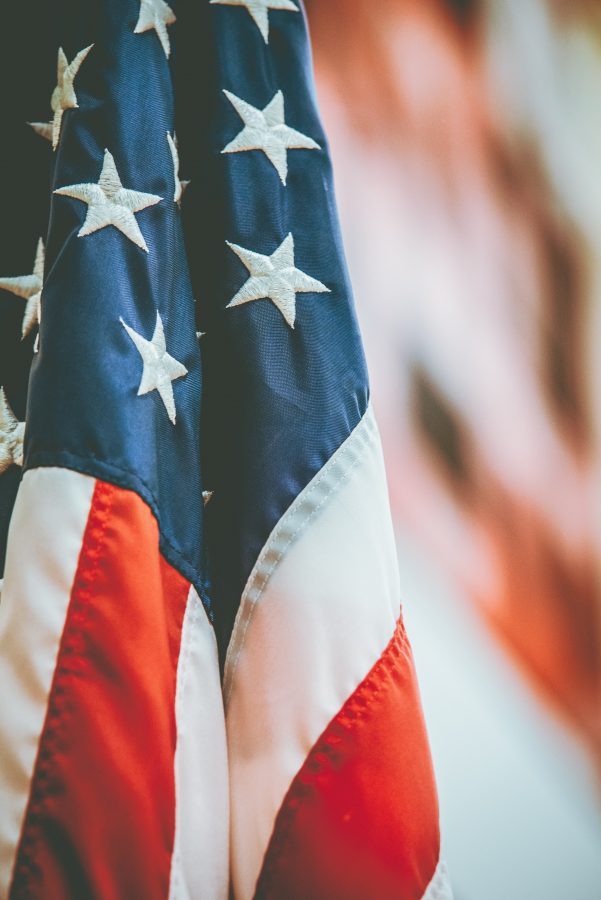On Sept. 11, 2001, the sun shed its majestic yellow light over a city that would seconds later be covered by not only a literal cloud of smoke, but a cloud of fear and uncertainty unlike it had ever experienced before. Two planes hijacked by terrorists had struck the twin towers of the World Trade Center in lower Manhattan, forever changing the course of American history.
Hours later, the two monolithic towers of the World Trade Center, which served as symbols of the strength and unity of the American people, were reduced to ash and rubble. The Pentagon in Washington, D.C., the headquarters of the U.S. Department of Defense, was also struck by a plane and severely damaged and a fourth plane, United Flight 93, crashed into a field in Pennsylvania after its passengers rebelled against their captors.
In one day, 2,996 Americans were killed, and the United States was thrust into conflicts with the Middle East, which came to be known as the War on Terror. These conflicts have since taken the lives of over 6,700 American soldiers. Countless more first responders have died from illnesses related to the 9/11 attacks.
The attacks were meant to break the American people. However, the attacks just brought them together and made them stronger. It didn’t matter what religion, political ideology, race or sexual orientation one identified with. On that day, everyone was an American — one nation, indivisible. It’s a sentiment that’s hard to relate to in an age where Americans seem so divided, but the worst day in American history brought out the best in the American people. Many Americans adopted the phrase “Never Forgive, Never Forget” in the wake of the attacks. However, as the 18th anniversary of the attacks passes, it’s unfortunately clear that the memory of who and what was lost is beginning to fade.
In June 2019, comedian Jon Stewart testified in support of the 9/11 Victim Compensation Fund to a nearly empty Congress, on behalf of the many first responders who have been diagnosed with or died from 9/11-related illnesses. An irate and emotional Stewart called Congress’ apparent lack of interest in the subject “embarrassing.” He was right. Video of his testimony went viral, and many voiced their concern and support on social media, pressuring Congress into extending the fund, which was set to expire in 2020. Eventually, the bill was passed, and financial support for the heroes who put their lives on the line responding to the attacks was extended through 2090.
Most of these victims were members of the New York Police Department and Fire Department of New York. When both organizations held a dedication in a memorial for these victims, neither New York City Mayor Bill de Blasio nor Gov. Andrew Cuomo attended — even though they were both in the city and the state, respectively. The fact that elected leaders are declining to show support for those who died and continue to die because of 9/11 is reason for concern that eventually Americans, especially younger generations, will become desensitized to the tragedy. As Americans who experienced the event, it is our duty to ensure the memory of the worst tragedy in American history is preserved. Progress has been made — the Sept. 11 memorial attracts thousands of visitors, and the Tribute in Light serves as a yearly reminder of the might the World Trade Center inspired.
Recently, a bill was passed requiring a moment of silence in classrooms each year, which will help younger students who did not experience the event still realize its gravity and importance in American history. Most current college freshmen were newborns when 9/11 occurred and have little to no recollection of the aftermath of it, yet it seems as if colleges don’t do anything to commemorate the heroes who died on that day.
The 9/11 attacks are more than just another page in a history book. It was an event that destroyed American families and shook the core of the American people. We have a responsibility to learn from the attacks, and remember how we were united as Americans with pride and strength in the face of the greatest adversity a nation can face.






